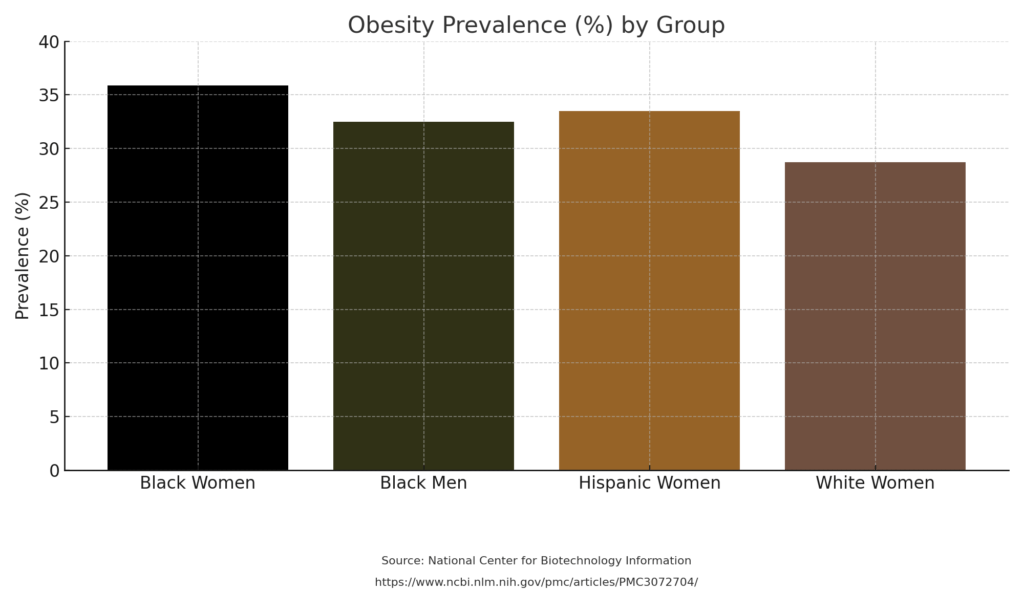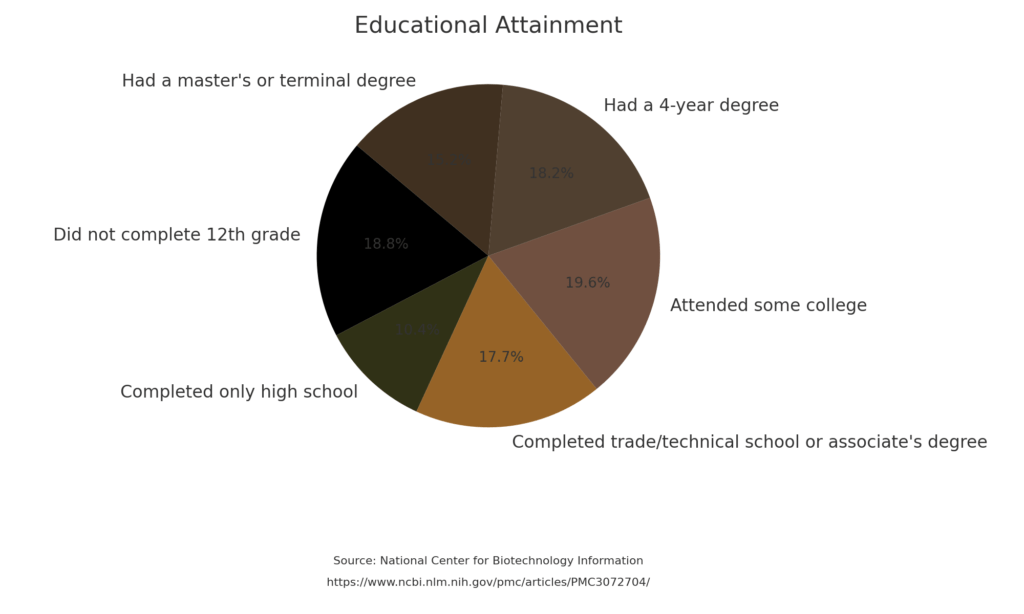
The Superwoman Schema: A Double-Edged Sword for Black Women’s Mental Health
By Darius Spearman (africanelements)
Support African Elements at patreon.com/africanelements and hear recent news in a single playlist. Additionally, you can gain early access to ad-free video content.
The ‘superwoman schema’ (SWS) significantly impacts the mental health of Black women in America. According to a recent ABC News report, Black women suffer disproportionately from this syndrome (ABC News). SWS involves a perceived obligation to suppress emotions, convey strength, and prioritize caregiving over self-care.
Projected Strength and Suppressed Emotion: A Coping Mechanism with Dire Consequences
First, Black women often project strength and suppress emotions as an unconscious coping mechanism. However, this can lead to potentially dire health consequences (Education Week). Emotional stoicism, a façade of control, and the burden of invulnerability are normalized in Black womanhood.
Unmet Mental Health Needs and Health Disparities
Secondly, SWS can cause severe mental distress, yet African Americans are less likely to receive mental health services (ABC News). Moreover, Black women suffer disproportionately from various physical and mental health problems while enduring racism and economic inequality (Education Week).
The Protective and Exacerbating Aspects of the Superwoman Persona
Lastly, some aspects of the ‘superwoman’ persona may protect against the negative health impacts of racial discrimination. However, other facets can further exacerbate the deleterious health effects of chronic stress from racial discrimination (UC Berkeley).
The Disproportionate Burden of Physical and Mental Health Problems on Black Women

Black women suffer disproportionately from a wide range of physical and mental health problems. According to Education Week, these include obesity, diabetes, hypertension, HIV/AIDS, cancer mortality, chronic pain, functional impairment, stress, PTSD, phobias, and assaults (Education Week). Moreover, the leading causes of death among African Americans are heart disease, cancer, and stroke (Education Week).
Unequal Access to Mental Health Services
Despite the high prevalence of mental health issues, African Americans are less likely to receive mental health services. This is according to 2022 data from the Substance Abuse and Mental Health Services Administration (ABC News). Consequently, many Black women face significant barriers to receiving adequate care for their mental health needs.
Socioeconomic Factors and Health Disparities

In a study sample of Black women, 18% did not complete 12th grade, while only 14.6% had a master’s or terminal degree (NCBI). Furthermore, 35% were not working, and 60% were single (NCBI). These socioeconomic factors may contribute to the health disparities experienced by Black women.
The Need for More Research and Mitigation Strategies
The ‘superwoman schema’ is a major factor contributing to health disparities and unmet mental health needs in Black women. More research is needed to mitigate the risks and leverage the protective aspects of this phenomenon (UC Berkeley).
“We must educate doctors about Black women’s experience. This includes the unique stressors they face, such as racism, sexism, and the pressure to be a ‘superwoman.’ By understanding these challenges, healthcare providers can better support Black women’s mental and physical health.” (Medical News Today)
Addressing the ‘superwoman schema’ is crucial for improving the mental health and well-being of Black women in America. However, doing so requires a multifaceted approach that includes education, research, and targeted interventions to support Black women in managing the unique stressors they face.
About the author
Darius Spearman has been a professor of Black Studies at San Diego City College, where he has been pursuing his love of teaching since 2007. He is the author of several books, including Between The Color Lines: A History of African Americans on the California Frontier Through 1890. You can visit Darius online at africanelements.org.
